Playing games on a smartphone may relieve work stress more effectively than using a mindfulness app, according to a study.
Researchers at UCL in London and the University of Bath gave students a 15 minute math test before asking them to play a shape-fitting game, use a mindfulness app or twirl a fidget-spinner toy.
They completed a survey before and after using the game, app or toy and rated on a four-point scale how tired or energetic they felt.
Those who played the game said they were feeling more energized but those who used the app or toy reported the opposite, the study published in JMIR Mental Health found.
In a second part of the study, those who played a shape-fitting game after arriving home from work said they felt more relaxed by the end of the week compared to those using a mindfulness app.
Dr Emily Collins, of the University of Bath, said:
“We were trying to see whether playing games was going to be more beneficial in terms of post-work recovery than mindfulness apps, which are often sold as being something that would be useful in that situation."
“Overall, what we found was that games do outperform mindfulness in terms of their effects on post-work recovering."
“Post-work recovery is quite a specific process. It is relaxation, psychological detachment, a sense of mastery and a sense of control."
“Although mindfulness might be good for relaxation, it might not meet the other requirements in a way video games might."
“Video games tend to be immersive, so that means it promotes psychological detachment. You can get better and you get a real sense of control in that virtual environment."
The first part of the study was a laboratory experiment in which 45 students aged between 19 and 36 were given a series of math questions to induce a sense of work strain.
They then spent 10 minutes either on the digital game Block! Hexa Puzzle, a fidget spinner or the Headspace app.
In the second part of the study, a different group of 20 participants were asked to either play the shape-fitting game or use a mindfulness app after arriving home from work for five days in a row.
The game and app were installed on participants' phones. After completing the activities, they were asked to fill in an online survey.
No differences were found between the two groups in terms of how energized participants felt.
However, the shape-fitting game appeared to offer increasing benefits throughout the week in terms of recovery experience – to what degree they felt relaxed, detached, in control and able to improve their skills.
This was measured by asking those taking part in the study to what extent they agreed with statements such as:
“During the activity, I forgot about work."
Those who followed a beginners' course on the Headspace app scored progressively less well on this measure throughout the five-day period.
Professor Anna Cox, of UCL Interaction Centre, said:
“Far from feeling guilty about being absorbed by their phone, people who play such games after a stressful day at work should know they are likely to be gaining a real benefit."
The researchers found that the level of enjoyment of the digital game correlated to the amount of benefit it offered in terms of post-work recovery.
Dr Collins added:
“You need to be able to enjoy the game."
“Ultimately something you can dip in and out, something you can play 10 minutes of if you have an opportunity – that kind of thing seems like it would be useful based on our research."

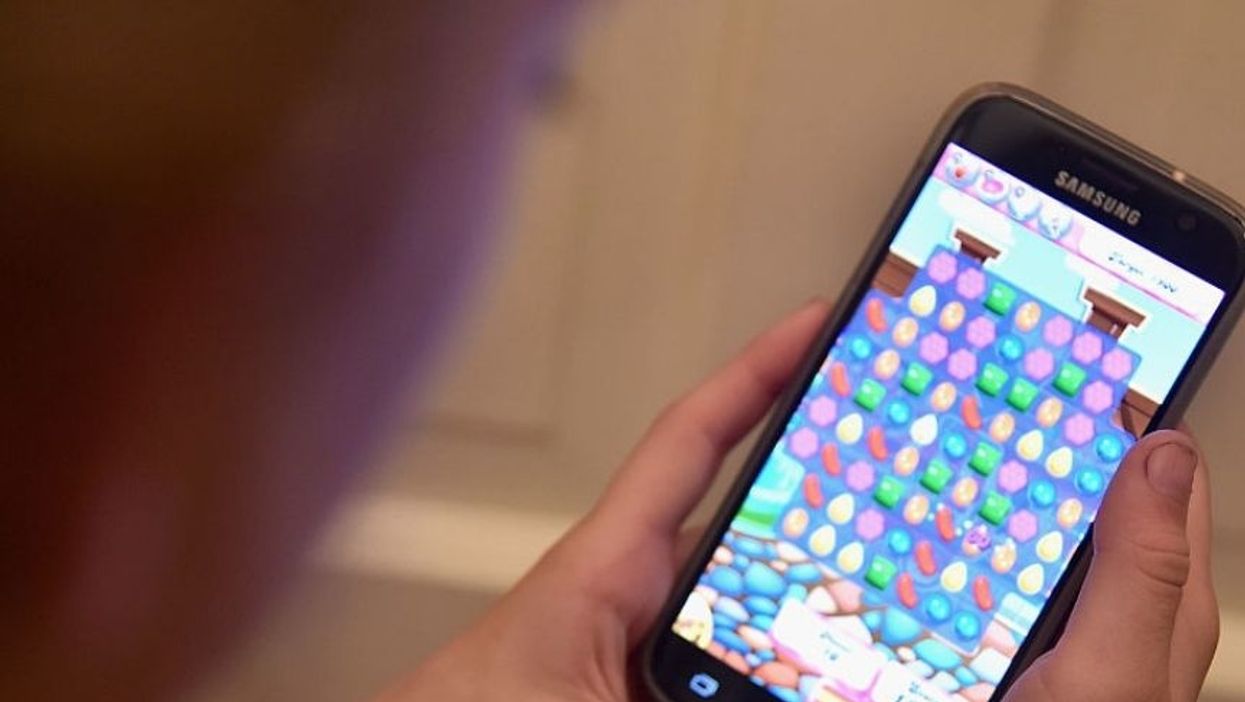





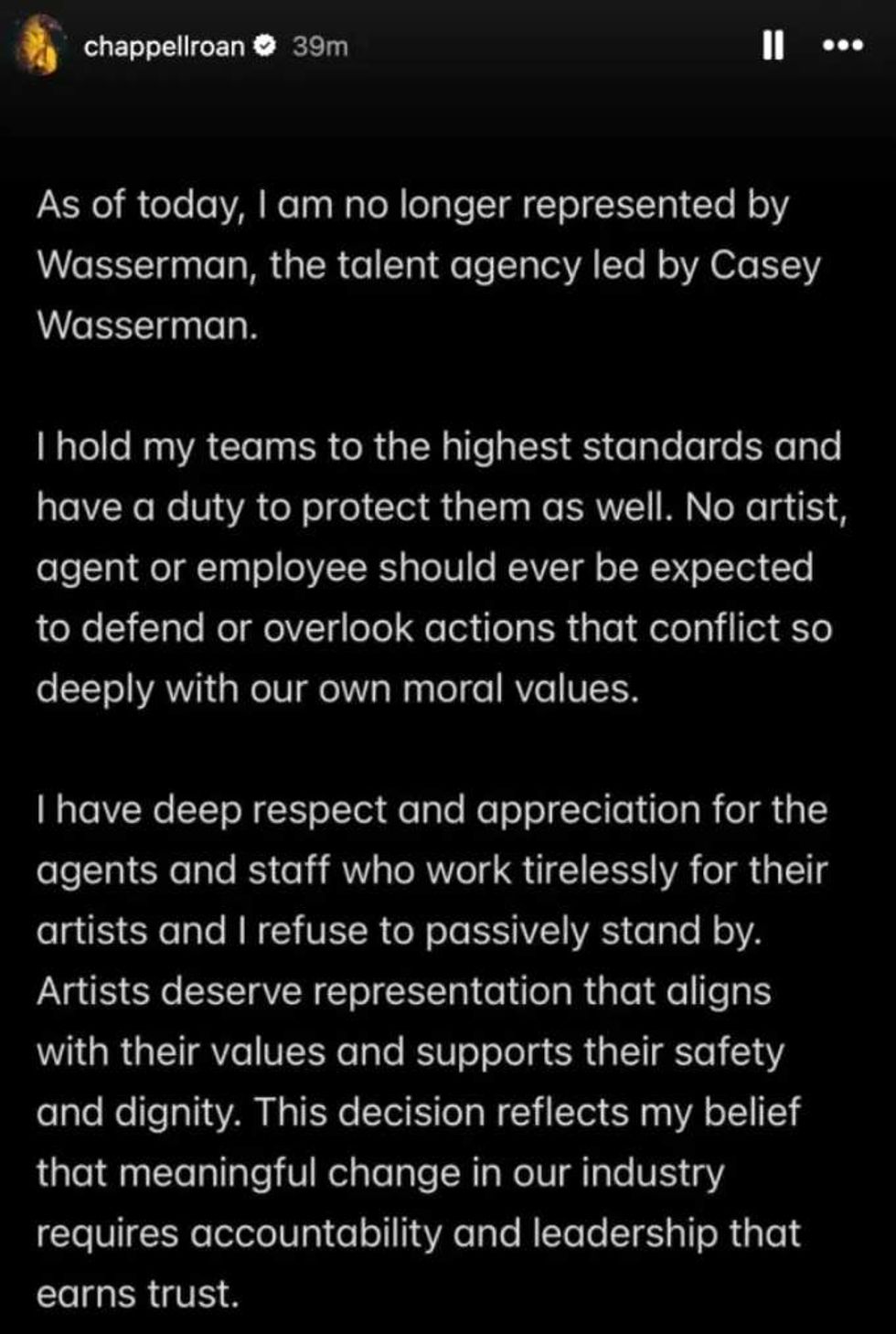 @chappellroan/Instagram
@chappellroan/Instagram r/Fauxmoi/Reddit
r/Fauxmoi/Reddit r/Fauxmoi/Reddit
r/Fauxmoi/Reddit r/Fauxmoi/Reddit
r/Fauxmoi/Reddit r/Fauxmoi/Reddit
r/Fauxmoi/Reddit r/Fauxmoi/Reddit
r/Fauxmoi/Reddit r/Fauxmoi/Reddit
r/Fauxmoi/Reddit r/Fauxmoi/Reddit
r/Fauxmoi/Reddit r/Fauxmoi/Reddit
r/Fauxmoi/Reddit r/Fauxmoi/Reddit
r/Fauxmoi/Reddit r/Fauxmoi/Reddit
r/Fauxmoi/Reddit r/Fauxmoi/Reddit
r/Fauxmoi/Reddit r/Fauxmoi/Reddit
r/Fauxmoi/Reddit r/Fauxmoi/Reddit
r/Fauxmoi/Reddit r/Fauxmoi/Reddit
r/Fauxmoi/Reddit @ANASKHA96399553/X
@ANASKHA96399553/X r/Fauxmoi/Reddit
r/Fauxmoi/Reddit r/Fauxmoi/Reddit
r/Fauxmoi/Reddit r/Fauxmoi/Reddit
r/Fauxmoi/Reddit





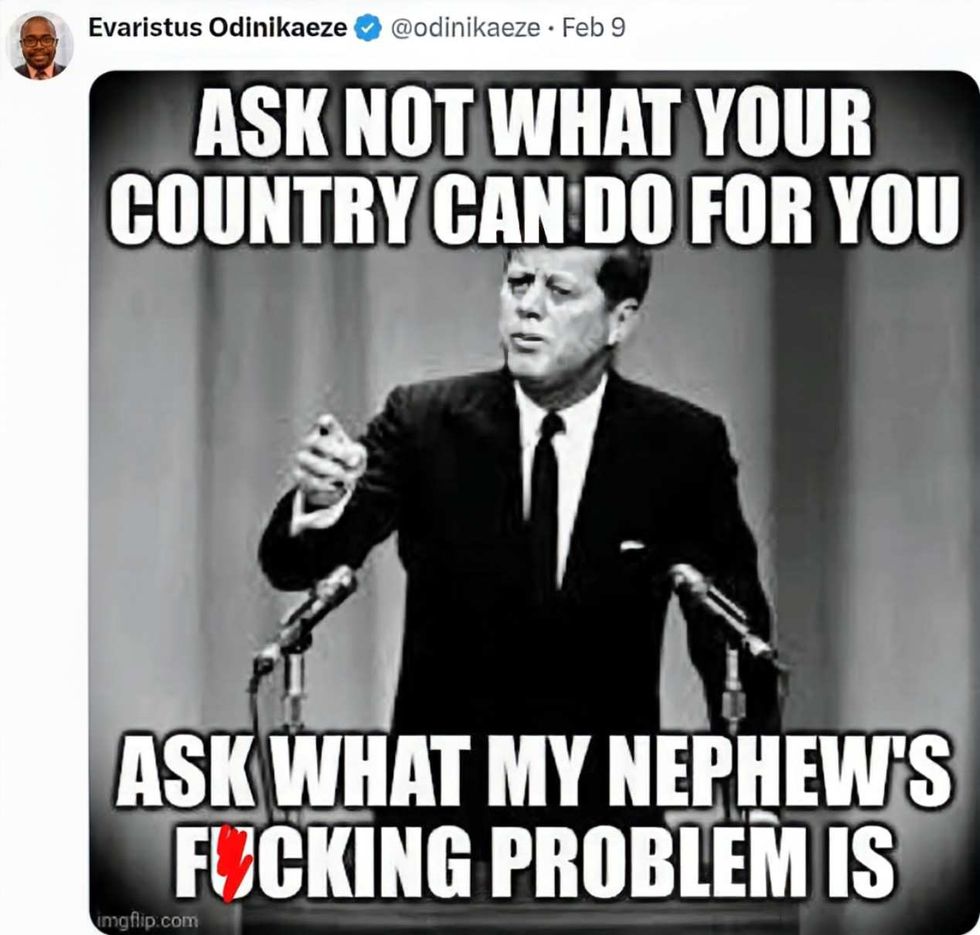 @odinikaeze/X
@odinikaeze/X @OneSixtyToOne/X
@OneSixtyToOne/X @Dazz222/X
@Dazz222/X

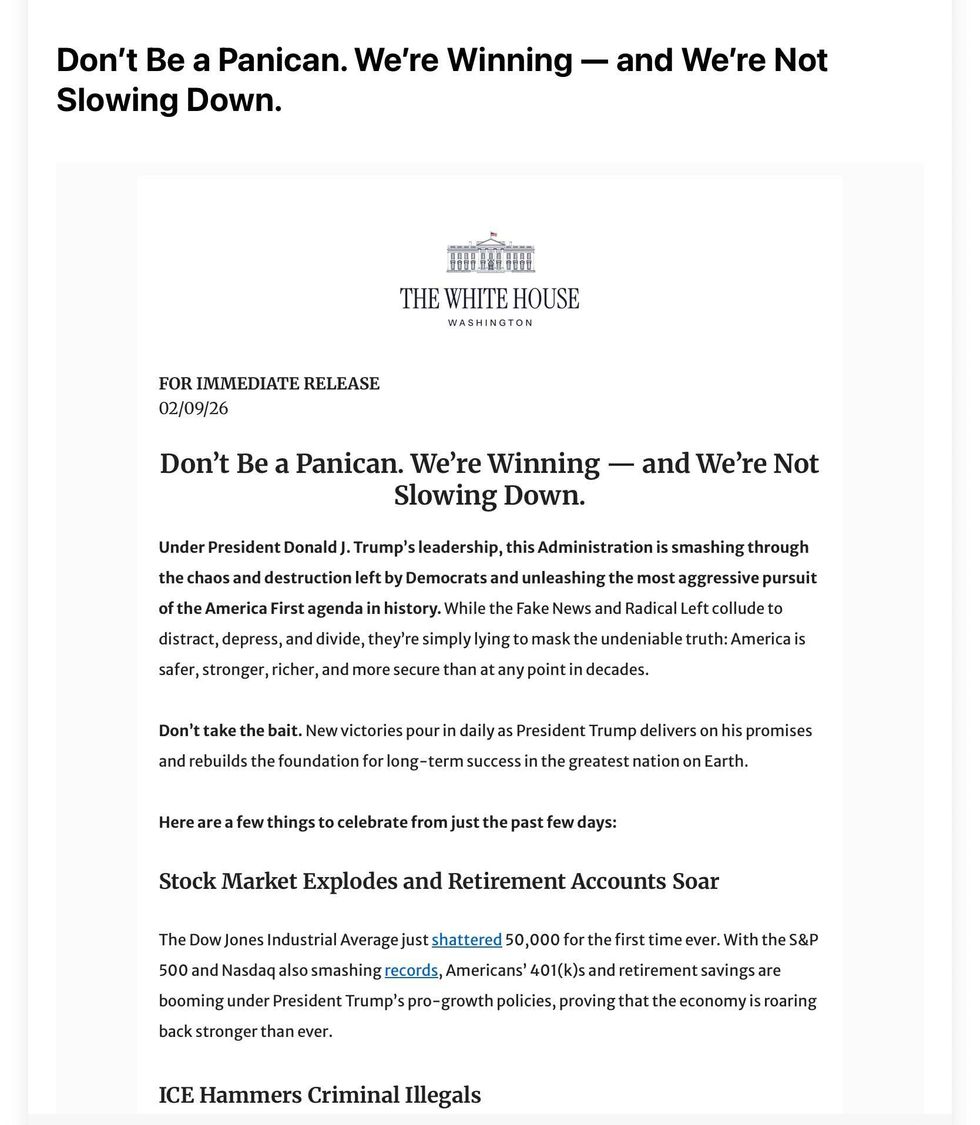 The White House
The White House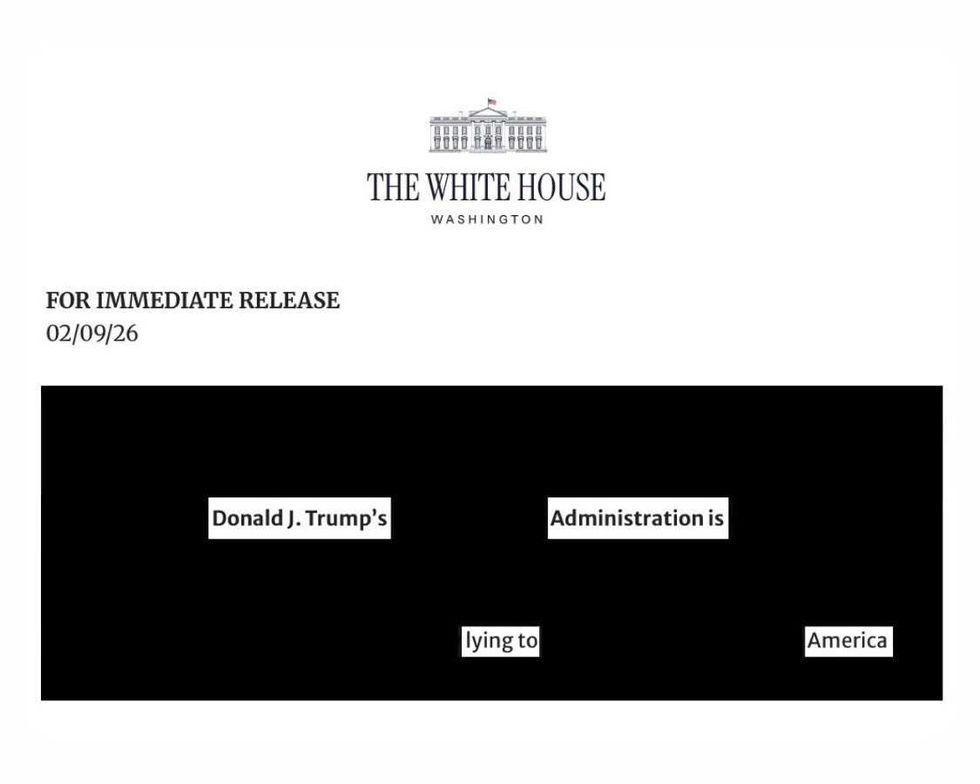 @JBPritzker/X
@JBPritzker/X